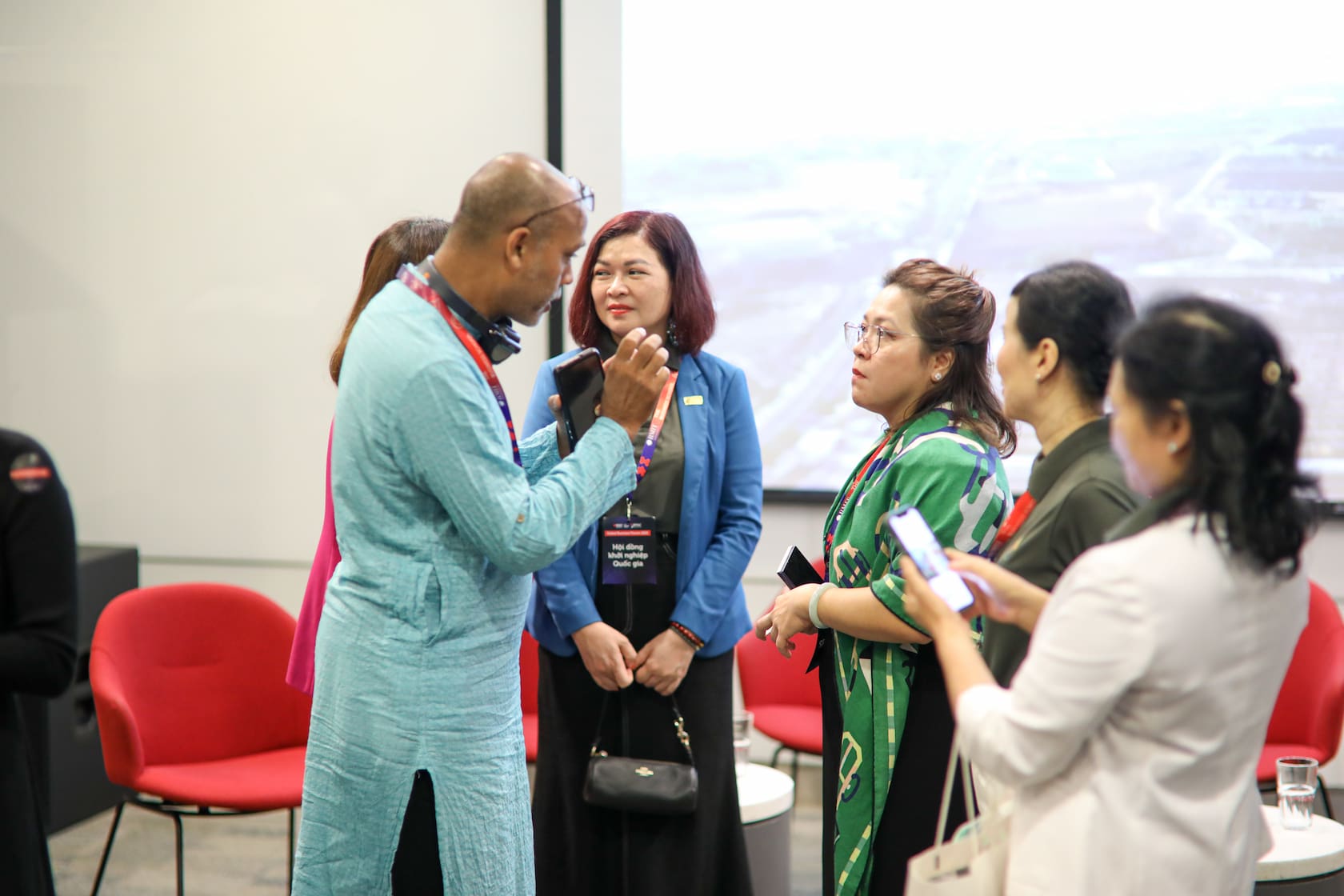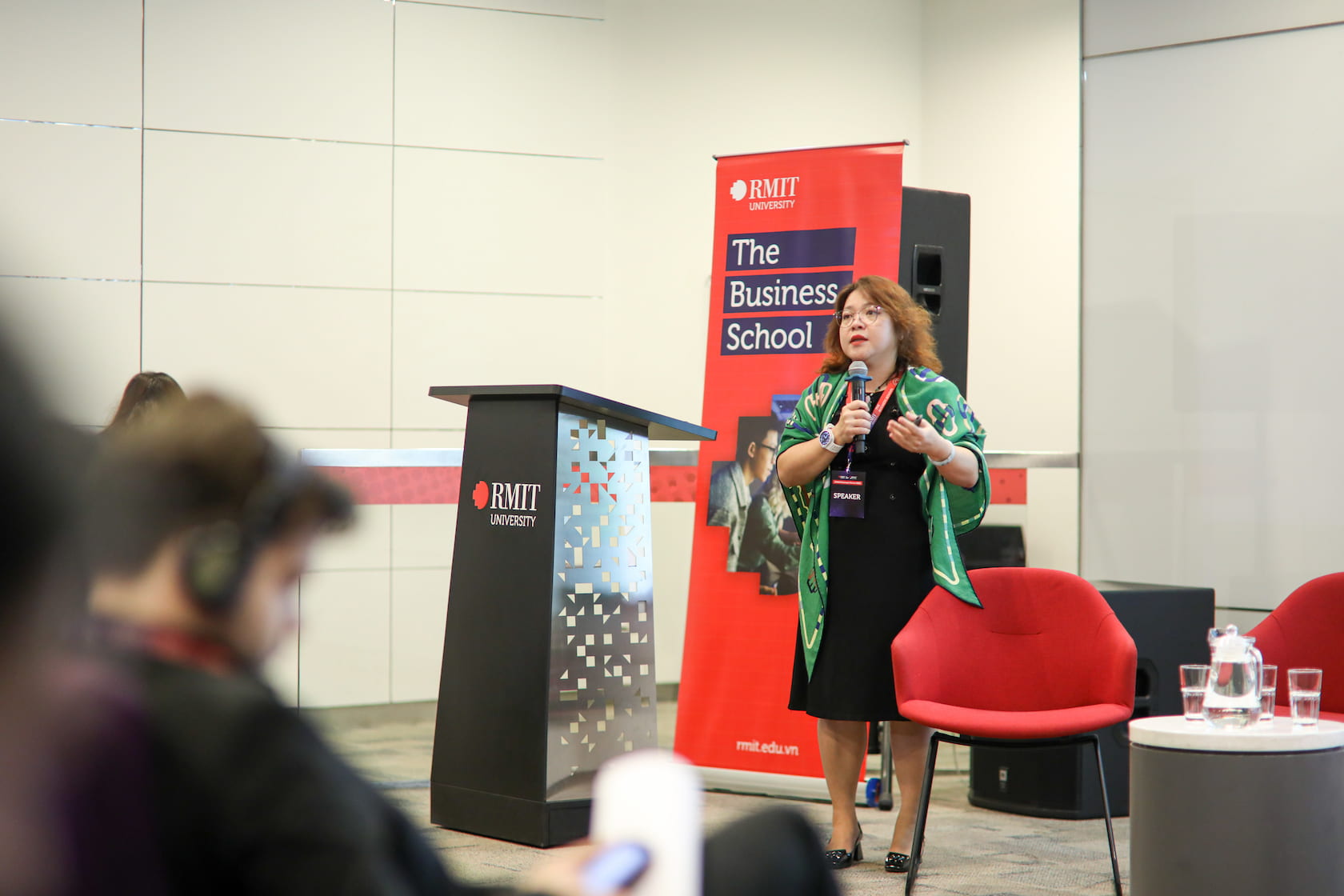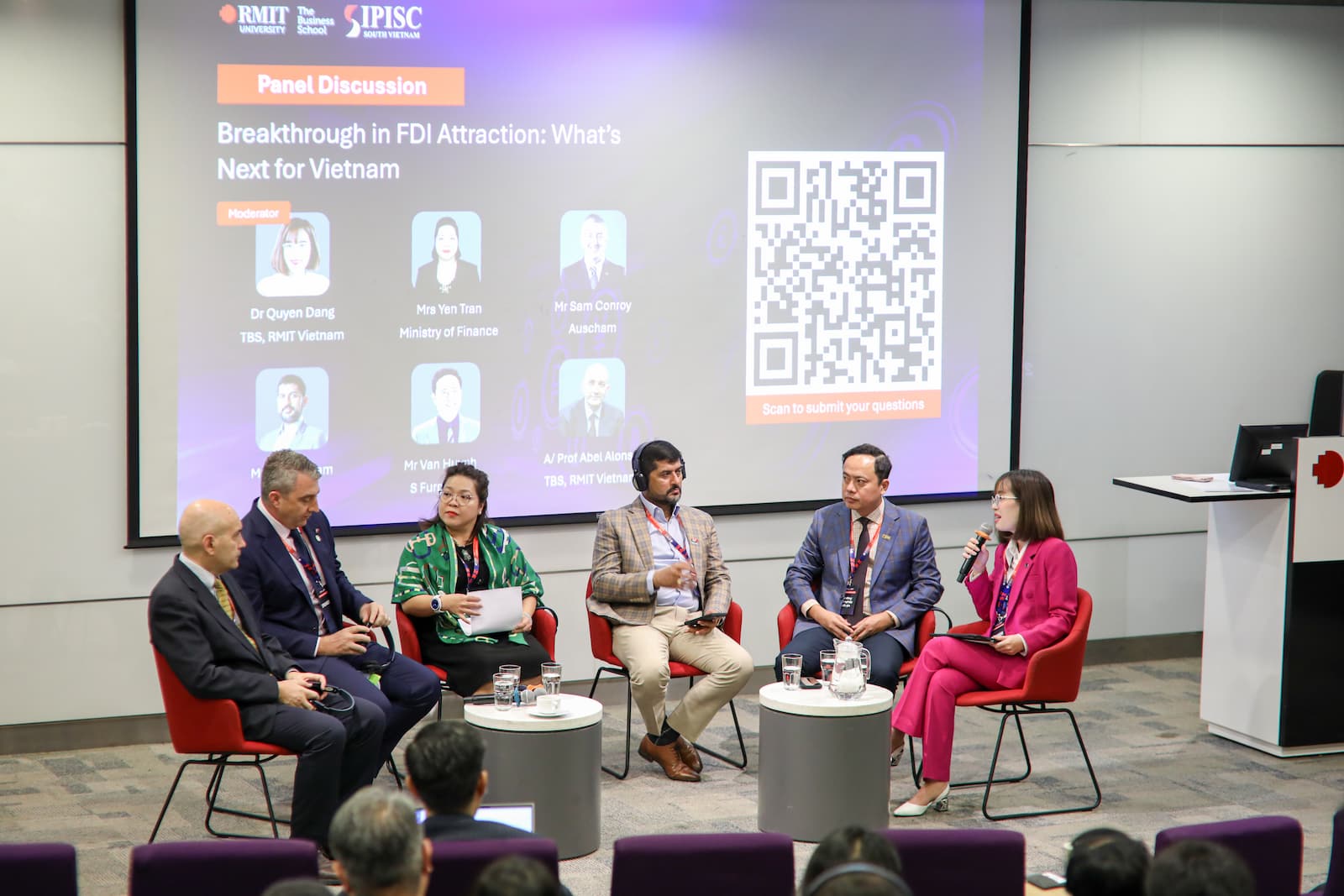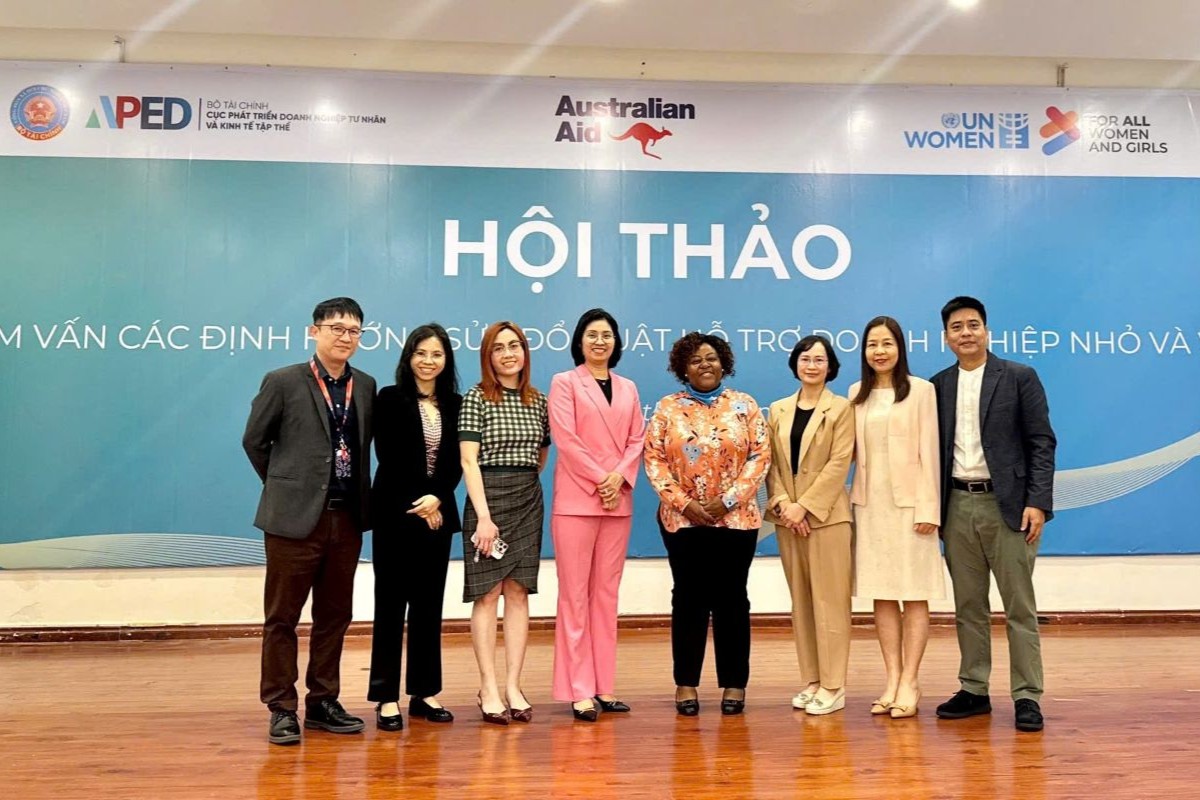Mr J.P. Shriram, Chairman of the Indian Business Chamber in Vietnam (Incham), highlighted untapped opportunities for Indian FDI and encouraged a collaborative perspective between the two countries, rather than a traditional competitive stance, as each offers a vibrant consumer market and a promising investment destination for the other. He emphasised Vietnam’s development of international financial centres in Ho Chi Minh City and Danang as a key draw for Indian investors.
From the domestic business community, Mr Huynh Thanh Van, Chairman of the Southern National Startup Support Advisory Council and Chairman of S Furniture company, shared how FDI partnerships enable local firms to move up the value chain while encouraging young entrepreneurs to innovate. “Social responsibility should be a core value, not just an obligation,” he said, advocating for Vietnamese enterprises to align with global norms to attract quality FDI.
Associate Professor Abel Alonso, Senior Lecturer of the International Business program at RMIT Vietnam, briefly reflected on the importance of building a culture of “quality FDI” in Vietnam. He noted that beyond incentives and infrastructure, long-term investor confidence depends on regulatory transparency, ease of doing business, and sectoral diversification.
“Vietnam’s multilingual workforce and a growing services sector could be key differentiators in the next wave of FDI,” he said.
Dr Dang Thao Quyen, Interim Associate Head of Management, Learning and Teaching cum Senior Program Manager of the International Business program at The Business School, expanded on this theme, emphasising the transformative power of multi-stakeholder collaboration.
“Vietnam’s breakthroughs in FDI attraction will not stem from any single stakeholder alone,” Dr Quyen said. “They will arise through synergy, among government, international and local businesses, academia, and young professionals. It is vital to foster open conversations that bring all stakeholders together to listen, resolve bottlenecks, join hands and move forward toward win-win outcomes.”
She also stressed the importance of aligning Vietnam’s FDI strategy with global trends in innovation and sustainability.
“We must move beyond transactional investment models and embrace strategic partnerships that elevate Vietnam’s position in global value chains. This means investing in human capital, digital infrastructure, and inclusive governance,” Dr Quyen emphasised. “The future of FDI in Vietnam is not just about attracting capital, it’s about attracting commitment, creativity and shared purpose.”
Policy momentum and sectoral priorities
Vietnam’s strategic orientation toward high-quality FDI was reinforced through a series of policy updates and sectoral priorities. The National Strategy on Foreign Investment Cooperation (2021–2030) aims to enhance both the quantity and quality of FDI, particularly in high-tech and digital sectors. Decision No. 29/2021/QĐ-TTg and Decree No. 182/2024/NĐ-CP offer tax and land incentives and establish an investment support fund for large-scale projects.
Priority sectors include electronics, semiconductors, renewable energy, innovation R&D, digital economy, high-tech agriculture, and international financial services. The government also aims to train 50,000 engineers by 2030 to meet the demands of these industries. Resolution No. 222/2025 and Decision No. 1646/QĐ-TTg mark the establishment of international financial centres in Ho Chi Minh City and Danang, further positioning Vietnam as a regional financial hub.
As Vietnam continues to shape its investment narrative, the Global Business Forum 2025 affirmed the country’s readiness to lead in a new era of sustainable, strategic and collaborative growth.
Story: Ha Hoang







